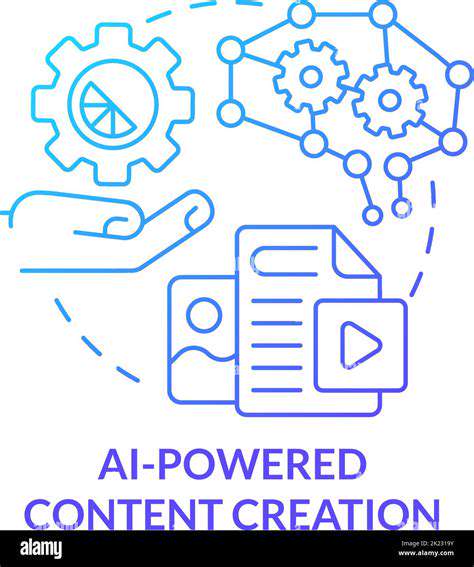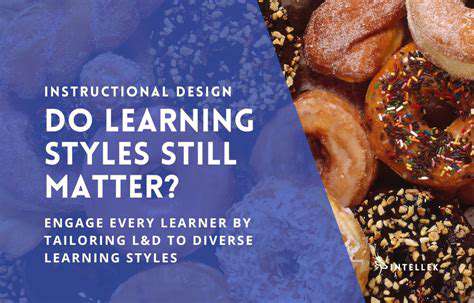AI in Content Curation and Recommendation Engines
The Power of Machine Learning Algorithms
Understanding Machine Learning in Content Curation
Machine learning algorithms are revolutionizing content curation and recommendation systems by enabling computers to learn from data without explicit programming. This learning process allows algorithms to identify patterns, trends, and user preferences, leading to more personalized and relevant content recommendations. By analyzing vast amounts of user data, including browsing history, interactions, and feedback, machine learning models can predict what content a user might find engaging or valuable, ultimately enhancing the user experience.
Types of Machine Learning Algorithms Used
Several types of machine learning algorithms are employed in content curation and recommendation systems. Supervised learning algorithms, such as regression and classification models, are trained on labeled data to predict user behavior. Unsupervised learning algorithms, like clustering, identify patterns and groupings within unlabeled data, enabling the system to categorize and organize content. Reinforcement learning algorithms learn through trial and error, optimizing the recommendation process over time based on user feedback and interactions.
Personalization and User Experience Enhancement
A key benefit of machine learning in content curation is the ability to deliver highly personalized recommendations. By understanding individual user preferences, algorithms can tailor content suggestions to match specific interests and needs. This personalized approach enhances user engagement and satisfaction, leading to a more positive experience. Users are more likely to find relevant and valuable content, increasing their overall satisfaction with the platform.
Content Filtering and Relevance
Machine learning algorithms are crucial for filtering content and ensuring relevance. They can identify and prioritize content that aligns with user interests, reducing the volume of irrelevant information and improving the efficiency of the content discovery process. This filtering process significantly improves user experience by streamlining the information flow and allowing users to quickly access the most relevant material.
Scalability and Efficiency
One significant advantage of using machine learning in content curation is its scalability. Algorithms can process vast amounts of data efficiently, allowing systems to handle large volumes of content and user interactions without performance bottlenecks. This scalability is crucial for modern content platforms dealing with ever-increasing data sets. Machine learning enables a high degree of efficiency in finding and delivering relevant content to the right users.
Ethical Considerations in Content Recommendation
While machine learning offers significant advantages in content curation, ethical considerations are paramount. Algorithms can perpetuate biases present in the training data, potentially leading to skewed recommendations. It is essential to develop and implement strategies to mitigate these biases and ensure fairness and inclusivity in the recommendation process. This includes careful data collection and algorithm design to avoid reinforcing harmful stereotypes or discrimination.
Future Trends and Innovations
The field of machine learning in content curation is constantly evolving, with ongoing research and development focusing on innovative techniques. Future advancements may involve incorporating natural language processing (NLP) to understand user intent more effectively. This could lead to more sophisticated recommendations based on nuanced user queries and complex needs. Integration of multimodal data sources, such as images and videos, will also likely play a significant role in shaping the future of content recommendation systems.
Read more about AI in Content Curation and Recommendation Engines
Hot Recommendations
- Immersive Culinary Arts: Exploring Digital Flavors
- The Business of Fan Funded Projects in Entertainment
- Real Time AI Powered Dialogue Generation in Games
- Legal Challenges in User Generated Content Disclaimers
- Fan Fiction to Screenplays: User Driven Adaptation
- The Evolution of User Driven Media into Global Entertainment
- The Ethics of AI in Copyright Protection
- Building Immersive Narratives for Corporate Training
- The Impact of AI on Music Discovery Platforms
- AI for Audience Analytics and Personalized Content











